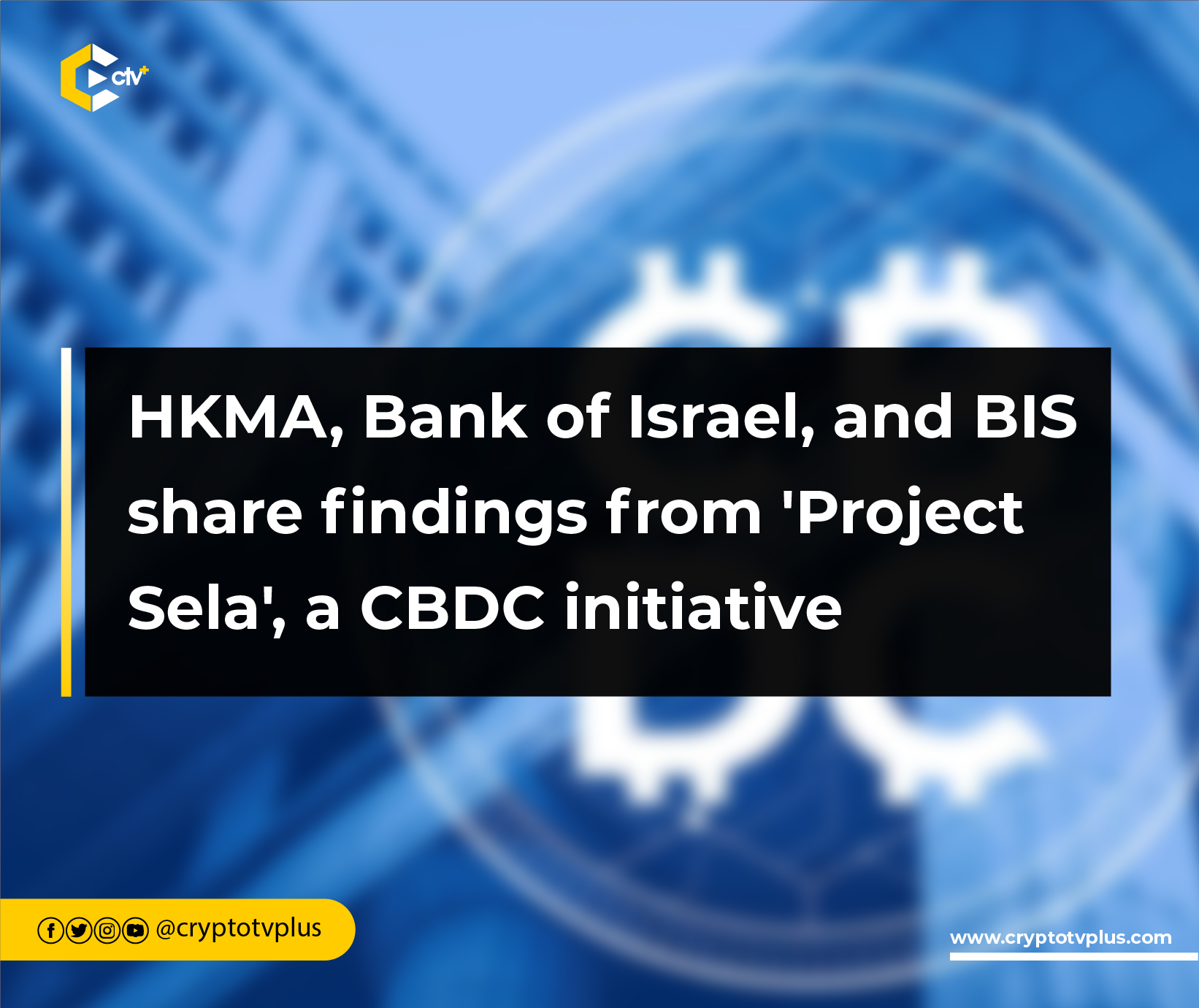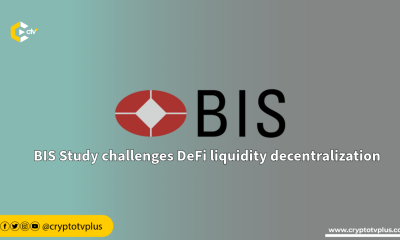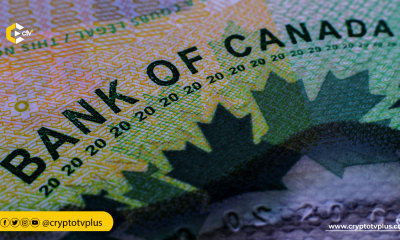News
HKMA, Bank of Israel, and BIS Share Findings in ‘Project Sela’, a CBDC initiative

The Hong Kong Monetary Authority (HKMA) has collaborated with the Bank of Israel (BOI) and the Bank for International Settlements Innovation Hub (BISIH) Hong Kong Centre to publish the outcome of “Project Sela”.
Project Sela, conducted jointly by the Bank for International Settlements (BIS), the central banks of Hong Kong SAR, and Israel, has demonstrated the feasibility of a retail central bank digital currency (rCBDC) system.
A retail Central Bank Digital Currency (CBDC) is a digital version of a national currency issued by the central bank for everyday use by the public, providing a secure and regulated form of digital payment, and replacing physical cash in digital form.
This ecosystem combines accessibility, competition, and strong cybersecurity measures while retaining the essential features of physical cash.
The project is coordinated by the BIS Innovation Hub Hong Kong Centre and incorporates the cybersecurity expertise of the Bank of Israel and the insights from the Hong Kong Monetary Authority’s (HKMA) previous projects, such as Aurum and e-Hong Kong Dollar, along with other Innovation Hub experiments related to rCBDCs.
Project Sela aimed to create an accessible, competitive, and innovative retail central bank digital currency (rCBDC) system while preserving the attributes of physical cash.
It ensured user privacy by obfuscating personal identifiers and providing instant, low-cost settlement on the central bank’s balance sheet.
Results from the report
According to HKMA, Project Sela reveals that an rCBDC (retail CBDC) system with a central bank “does not necessarily come at the cost of greater cyber security risk.”
The report suggests that retail Central Bank Digital Currency (rCBDC) access can be facilitated by a new intermediary called an Access Enabler (AE), which can promote competition and innovation in rCBDC payment services by reducing entry barriers.
Additionally, Project Sela’s results indicate that with appropriate cybersecurity measures, the cyber risks associated with rCBDC can be minimized.
The report identifies various areas for further research. Firstly, it recommends exploring the regulatory framework and business viability of a system like Sela’s, including incentive models for intermediaries (AEs) offering rCBDC services.
Secondly, further investigation into interoperability with existing payment systems, such as reconciliation mechanisms and infrastructure upgrades, was suggested.
Thirdly, more advanced programmability and cybersecurity analysis, as well as privacy-enhancing technologies, were seen as promising for future exploration.
Lastly, evaluating Sela’s cybersecurity against active cyberattacks was proposed to enhance its security in a real-world setting.
Support for CBDCs
Mr. Howard Lee, Deputy Chief Executive of the HKMA, expressed his satisfaction with the successful completion of the project and the valuable insights it provided.
He mentioned that although the HKMA has not yet reached a firm decision regarding the introduction of an e-HKD in Hong Kong, the findings from Project Sela will significantly contribute to their ongoing exploration.
Mr. Andrew Abir, Deputy Governor of the BOI, noted the importance of competition and innovation within a flourishing and open ecosystem that accommodates diverse service providers.
Project Sela, as a proof-of-concept, confirmed the feasibility of this model and facilitated discussions and studies on CBDC cybersecurity elements with their partners.
Ms. Bénédicte Nolens, Head of the BIS Innovation Hub Hong Kong Centre, added that Project Sela explored the feasibility of a CBDC system where the central bank manages the retail ledger while a new type of intermediary, known as an Access Enabler, grants broader access to the CBDC, fostering competition and innovation.
Beyond the Israeli Central Bank, the HKMA has also partnered with the Central Bank of the United Arab Emirates to enhance cooperation in three key areas: financial infrastructure, financial market connectivity, and supervision and development of virtual assets.
In 2022, Israel revealed its intention to introduce a digital Shekel on the Ethereum blockchain, following several years of experimentation dating back to 2017.
Subsequently, the BIS has expanded its support to collaborate with various institutions in the development of digital assets, particularly Central Bank Digital Currencies (CBDCs).
Read also; Israeli Government Launches Public Consultation on DAOs
























